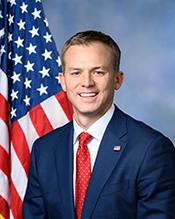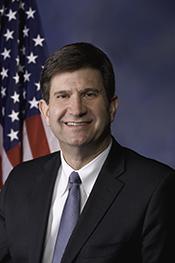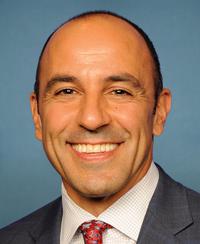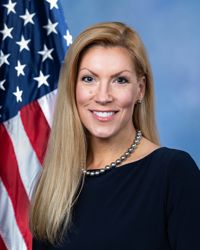0
0
0
Health ACCESS Act
12/19/2024, 9:06 AM
Summary of Bill HR 7292
The Health ACCESS Act, also known as Bill 118 hr 7292, is a piece of legislation currently being considered by the US Congress. The main goal of this bill is to improve access to healthcare for all Americans, regardless of their income or pre-existing conditions.
One of the key provisions of the Health ACCESS Act is the expansion of Medicaid coverage to include more low-income individuals and families. This would help ensure that those who are most in need of healthcare services are able to receive the care they require without facing financial barriers.
Additionally, the bill aims to protect individuals with pre-existing conditions by prohibiting insurance companies from denying coverage or charging higher premiums based on health status. This would provide peace of mind for those who may have chronic illnesses or other health issues. The Health ACCESS Act also includes provisions to increase funding for community health centers, which play a crucial role in providing primary care services to underserved populations. By investing in these centers, the bill seeks to improve access to preventive care and reduce the burden on emergency rooms. Overall, the Health ACCESS Act is a comprehensive piece of legislation that aims to address the barriers to healthcare access faced by many Americans. If passed, this bill has the potential to improve health outcomes and reduce disparities in healthcare access across the country.
One of the key provisions of the Health ACCESS Act is the expansion of Medicaid coverage to include more low-income individuals and families. This would help ensure that those who are most in need of healthcare services are able to receive the care they require without facing financial barriers.
Additionally, the bill aims to protect individuals with pre-existing conditions by prohibiting insurance companies from denying coverage or charging higher premiums based on health status. This would provide peace of mind for those who may have chronic illnesses or other health issues. The Health ACCESS Act also includes provisions to increase funding for community health centers, which play a crucial role in providing primary care services to underserved populations. By investing in these centers, the bill seeks to improve access to preventive care and reduce the burden on emergency rooms. Overall, the Health ACCESS Act is a comprehensive piece of legislation that aims to address the barriers to healthcare access faced by many Americans. If passed, this bill has the potential to improve health outcomes and reduce disparities in healthcare access across the country.
Read the Full Bill
Current Status of Bill HR 7292
Bill HR 7292 is currently in the status of Bill Introduced since February 7, 2024. Bill HR 7292 was introduced during Congress 118 and was introduced to the House on February 7, 2024. Bill HR 7292's most recent activity was Referred to the Subcommittee on Health. as of December 17, 2024
Bipartisan Support of Bill HR 7292
Total Number of Sponsors
2Democrat Sponsors
0Republican Sponsors
2Unaffiliated Sponsors
0Total Number of Cosponsors
3Democrat Cosponsors
2Republican Cosponsors
1Unaffiliated Cosponsors
0Policy Area and Potential Impact of Bill HR 7292
Primary Policy Focus
HealthAlternate Title(s) of Bill HR 7292
Health ACCESS Act
Health Accelerating Consumer’s Care by Expediting Self-Scheduling Act
Health ACCESS Act
To amend title XI of the Social Security Act to lower barriers to increase patient access to health care.
Comments
Sponsors and Cosponsors of HR 7292
Latest Bills
Electric Supply Chain Act
Bill HR 3638December 10, 2025
Increasing Investor Opportunities Act
Bill HR 3383December 10, 2025
PERMIT Act
Bill HR 3898December 10, 2025
Improving Interagency Coordination for Pipeline Reviews Act
Bill HR 3668December 10, 2025
CLEAN Act
Bill HR 1687December 10, 2025
Shingle Springs Band of Miwok Indians Land Transfer Act of 2025
Bill HR 2302December 10, 2025
To designate the facility of the United States Postal Service located at 80 Prospect Street in Avon, New York, as the "Officer Anthony Mazurkiewicz Memorial Post Office Building".
Bill HR 323December 10, 2025
Make SWAPs Efficient Act of 2025
Bill HR 1676December 10, 2025
To designate the facility of the United States Postal Service located at 86 Main Street in Haverstraw, New York, as the "Paul Piperato Post Office Building".
Bill HR 1009December 10, 2025
World War II Women's Memorial Location Act
Bill HR 2290December 10, 2025
Health ACCESS Act
Bill S 3744February 15, 2024





